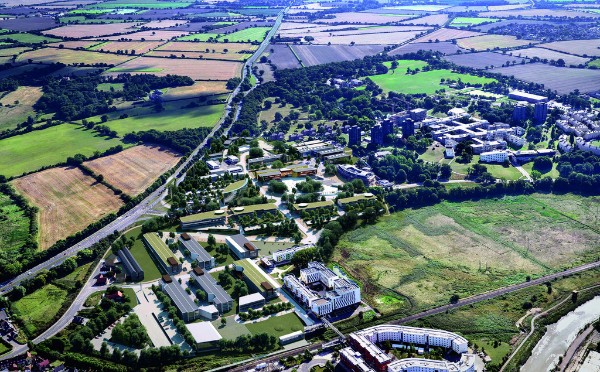High Court defeat for Sevenoaks
By Kasia Banaś, Account Director
After months of uncertainty, the High Court has dealt a major blow to Sevenoaks. The local authority sought a Judicial Review of the Planning Inspectorate decision on the Local Plan – but this was firmly rejected today in the published decision. The draft Sevenoaks Local Plan is now formally rejected, and the Council will have to go back to the drawing board.
The Planning Inspector, Karen Baker, published her damning final examination report back in March. It concluded that the Council did not fulfil the duty to cooperate process with its neighbouring councils over the district’s unmet housing need. This decision sparked a huge amount of criticism from the Council, which claimed that there were more than 800 pages of evidence of cooperation and that “the Planning Inspector has incorrectly interpreted key parts of the Local Plan requirements”. They also voiced suspicions that being the first plan to be assessed under a new planning framework, failing to meet the Government’s housing figure was the real reason behind the Inspector finding the Plan unsound, as it would potentially impact on subsequent local plans across the country.
Sevenoaks Council was granted permission to bring a judicial review against the Planning Inspector’s decision in June, giving the authority hope of overturning Inspector’s decision. However, in the ruling from 13th November 2020, the court said that, contrary to the Council’s allegations, is it clear that the Inspector had regard to all of the evidence and that the reasons for coming to her decision were also “clear, full, detailed and justified.”
The Council will now need to start working on a new plan. Ahead of the ruling, members were confident that even if they failed in their challenge, they would not need to be starting from scratch. They would ‘only’ need to address the duty to cooperate issue and resubmit the evidence that will be out of date by now. This is a very optimistic view. They may well have to start anew; in which case they are running the risk of missing the Secretary of State’s 2023 deadline for adopting local plans and facing intervention.
This setback is also likely to result in the Council having to adopt the new standard method for calculating housing need resulting in extra 565 homes to be built per year, which is a 222% increase on the 2018-19 numbers. However, following strong criticism of the planning reform plans and the new housing need algorithm, Secretary of State, Robert Jenrick has hinted at a turnaround on some of the proposals.
The Council might also choose to postpone resuming work on its new local plan, as we have seen many councils do in the recent months. With the planning reforms not yet set in stone and the pandemic at its height, members might be inclined to delay this politically and financially costly exercise.

Strategic land and site promotion
“Chelgate gives a real insight into political thinking at all levels and all political persuasions, …

Energy and infrastructure
From new nuclear and unconventional gas to renewables, waste and airports, our team has worked …


